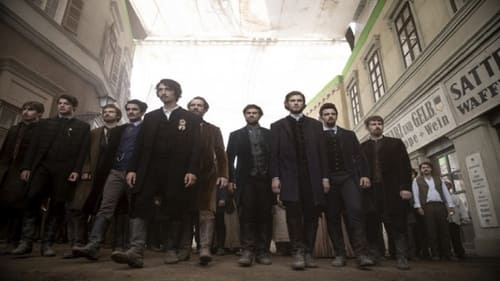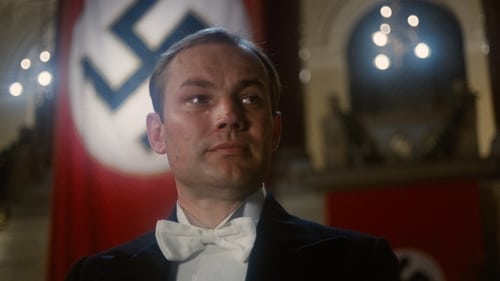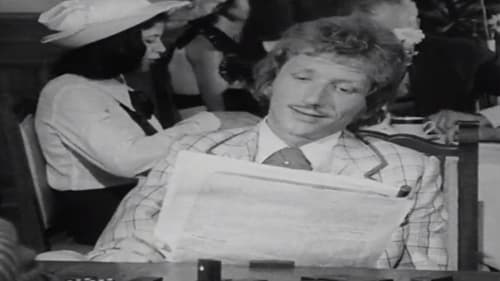
Lederer Ignác tábornok
On March 15, 1848, a young firebrand poet, Sándor Petöfi ignites the Hungarian Revolution with his passionate 'National Song', prompting the Austrians to dispatch a ruthless secret agent to assassinate him and suppress the uprising.

Grüber úr

Nyomozó

Troukhatchevsky
The story of a murder out of jealousy. After his release from prison, the perpetrator tells the story of his marriage and tries to understand the reasons for his actions.

Gontrán Alfréd

Rolf Bonetti, bonviván
Это осовремененная версия легенды о Фаусте. Пользующийся признанием критиков сценический актер Хендрик Хофген устал от легких развлекательных театральных условностей и ищет чего-то более революционного в духе Брехта. Несмотря на эти свежие идеи, слава не раскрывает своих объятий. Отчаявшийся Хендрик продает свою душу, но не Дьяволу, а нацистам, так как жажда славы сильнее ненависти к захватчикам. Только позже, полностью попав под пяту Третьего Рейха, он понимает свою ошибку...

titkár

The satiric film is a dramatic-ironic picture of the Hungarian intellectuals in the seventies. Ebes, whose art has been awarded for its merits conglomerating folk features with modernity, can hardly believe that from his parents, old friends, and the sons of the people he did not even receive a telegram of congratulation.

Kápolnássy K.

Géza
Hungarian TV movie about King Béla III of Hungary

This poetic film presents the ballad of the boys who turned into stags, by the associative means of music, painting and folk art. At the same time it is a memorial to the martyrs of the 1944 Sátoraljaújhely prison revolt and shows its butchery reflected through the fate of three brothers.

Halas Feri
The heroines of this lyric comedy full of burlesque elements are two girls from a village who get totally engrossed in their day-dreaming. Ida and Rozi escape to the city to catch husbands for themselves.




